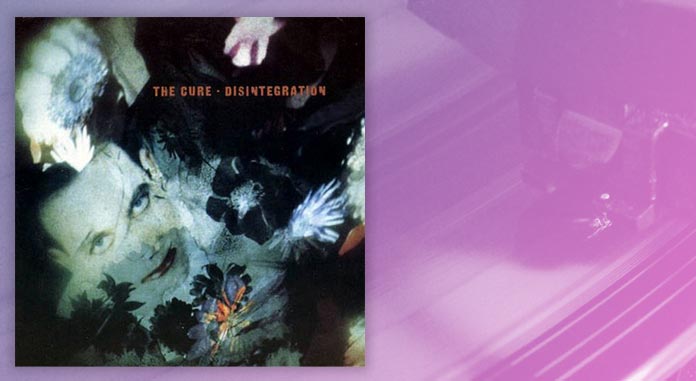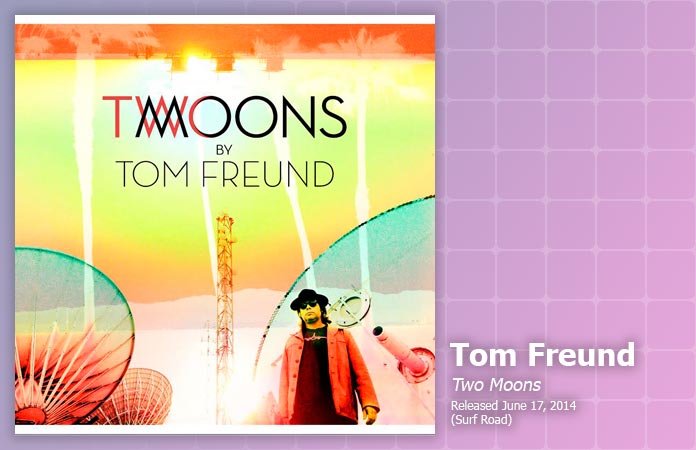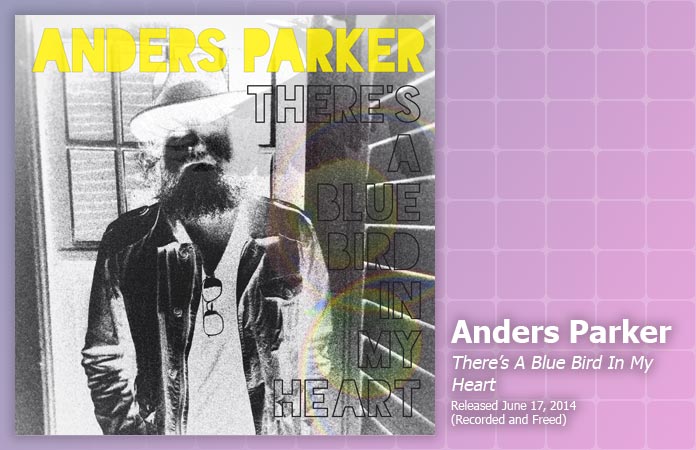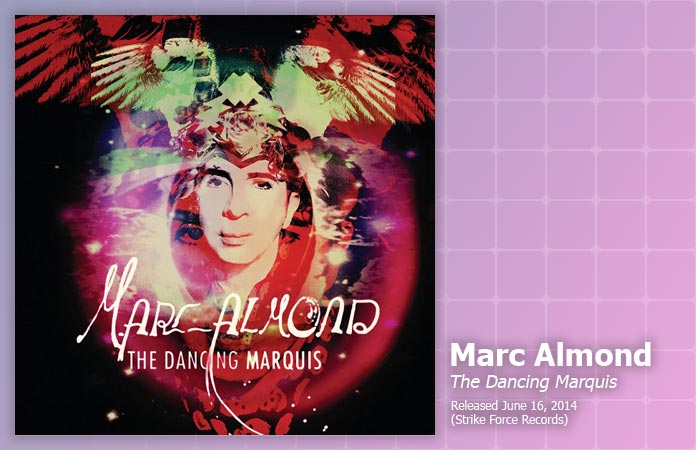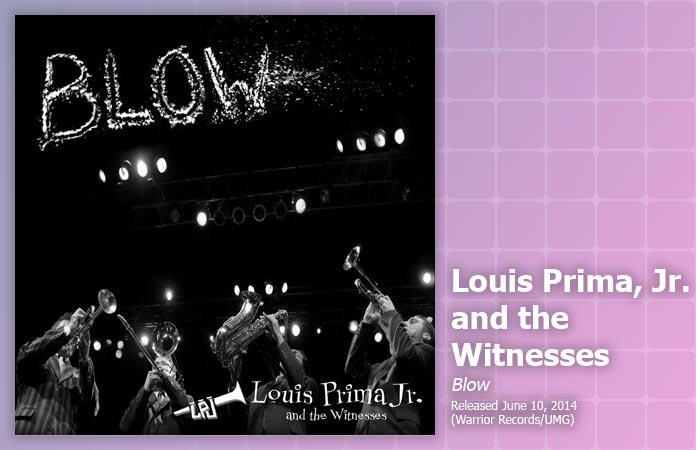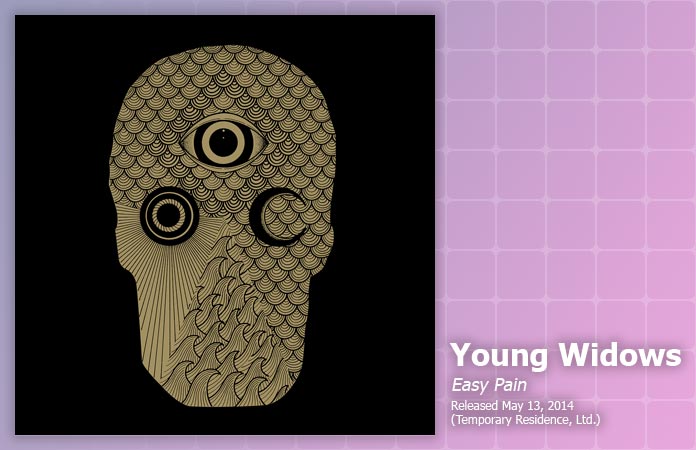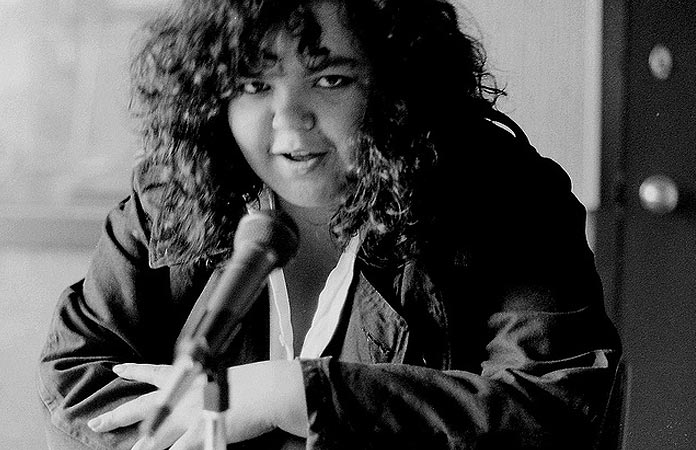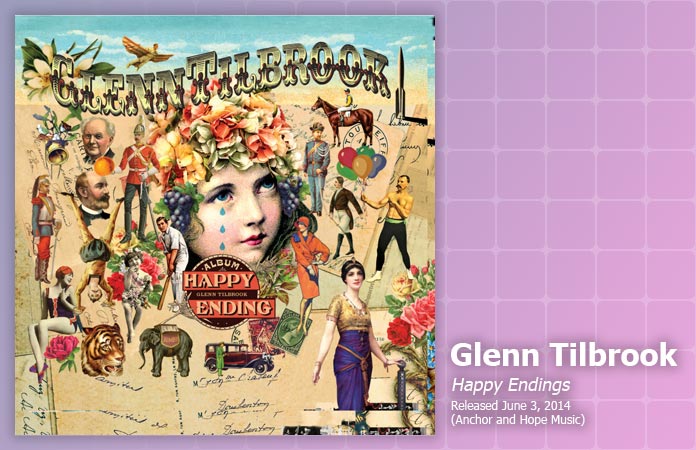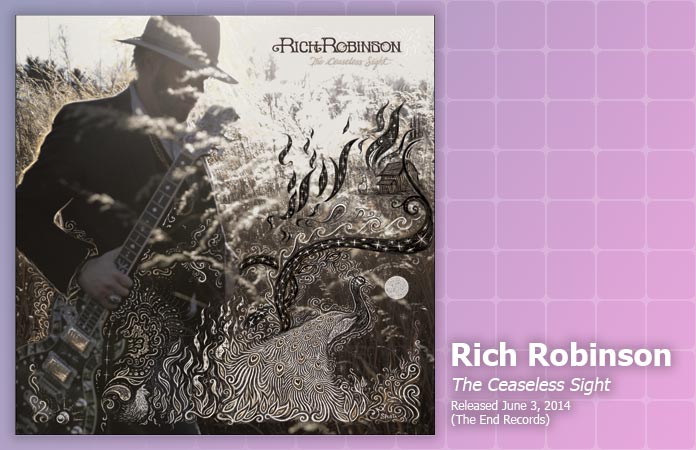Waxing Nostalgic: The Cure, The Same Deep Water As You
Published on July 11th, 2014 in: Music, Waxing Nostalgic |Some real wrist-cutting music came out in the Eighties. Gloom and doom, Reagan and Bush, annihilation from without and within; if you weren’t depressed and suicidal, you weren’t paying attention. The fact that anyone made it through the Eighties alive is a testament to how good Full House really was. That’s the only reason we stayed around. We put the blades down long enough to watch Full House, laugh for a few minutes, and when the show was over, we picked the pretty sharps back up and prayed for the cold hands of death to take us away from the living nightmare of suburbia.
If you were to take a poll of Eighties Survivors and ask them what the most depressing album of the decade was, a strong contender for that top spot would be Disintegration by The Cure.
Music Review: Tom Freund, Two Moons
Published on July 11th, 2014 in: Current Faves, Music, Music Reviews, Reviews |There’s a gorgeous easiness to Two Moons, the latest album by singer/songwriter Tom Freund. It’s a sunny, low-key, nostalgic record that was funded by a PledgeMusic campaign. It’s the kind of record that you put on after a dreadful day, one that uplifts and feels like a perfect secret, full of fine musicianship and sagacious lyrics.
Music Review: Anders Parker, There’s A Blue Bird In My Heart
Published on July 11th, 2014 in: Current Faves, Music, Music Reviews, Reviews |You know those TV shows that have artful music direction, like early Supernatural or Friday Night Lights or Parenthood (Jason Katims, I salute you!)? The ones that use quietly epic, devastating songs that push Matt Saracen’s story forward or underscore Sam and Dean’s struggle beautifully in a way that mere words can’t do, perhaps with an acoustic flourish? Anders Parker has written that record. There’s A Blue Bird In My Heart is packed with songs that have a quietly epic quality—the kind you feel deep down in your heart and guts.
Music Review: Marc Almond, The Dancing Marquis
Published on July 11th, 2014 in: Current Faves, Music, Music Reviews, Reviews |As a young record buyer, all I needed to know about decadence, I learned from Marc Almond. His records taught me about Jacques Brel, euphemisms for masturbation, the grand alienation of aging out of your passions—you know, the stuff of life.
Now, ages later, it’s delightful to know Marc Almond hasn’t tamed his decadent leanings, and that both his writing and voice have gotten better with time. He was always a fine writer, able to capture a moment or a mood with an artfully placed word and a bit of cleverness. He wasn’t always the greatest of singers, though he did show that with passion and a well-versed torch song, you could overcome any vocal limitations. Don’t dream it, be it, and all that.
Music Review: Louis Prima, Jr. and The Witnesses, Blow
Published on July 11th, 2014 in: Music, Music Reviews, Reviews |It’s got to be tough to be in the same racket as your old man. If you were brought up in his footsteps and following his path, and heaven forbid, if you have the same name as him, then there’s always going to be that comparison, that competition. Then imagine if you were a musician and you made the same kind of music that your Pops made, and that he was one of the greatest jazz/swing musicians of all time. You’d really have to bring your A-game always.
Music Review: Young Widows, Easy Pain
Published on July 11th, 2014 in: Current Faves, Music, Music Reviews, Reviews |Imagine being thrown through a fortieth story window. Hear that rush of wind in your ears, the whistling and howling blotting out everything but your own panicked shrieks, your clothing ripping and flapping in the wind, pounding out a flat parachute rhythm as you continue to plummet, a failed bird, picking up speed, the ground rushing towards you (or vice versa) and even if you aren’t precisely sure where you’re landing, you know it’s going to be hard and it’s going to hurt. There’s nothing to do but resign yourself to it, embrace it, and let whatever happens happen.
That description fairly accurately echoes the first sixty seconds of Easy Pain by Louisville band Young Widows. There are still nine more songs to go.
Waxing Nostalgic: New Wave Songs About Sex
Published on June 6th, 2014 in: Music, Waxing Nostalgic |In the Eighties, the Reagans told everyone to just say no, but our musical heroes were blatantly advising us to say “yes” as often as possible. Who do you think was more fun to listen to: Nancy Reagan or Terri Nunn?
Exactly.
Here then, in ascending order, are my favorite New Wave songs about sex.
Music Review: Glenn Tilbrook, Happy Endings
Published on June 6th, 2014 in: Music, Music Reviews, Reviews |Not everyone can write a song about the News International phone hacking scandal and make it sound jaunty. Glenn Tilbrook, however, can and did.
On his fifth non-Squeeze album Happy Endings, Tilbrook took a different approach—going acoustic. The result is a warm, witty, sometimes slight album (but what does Glenn Tilbrook have to prove at this point? The man can rest on his clever laurels all he wants.) that is always engaging. It’s a lovely sounding album, as well, with lush strings and clever percussion.
Music Review: Rich Robinson, The Ceaseless Sight
Published on June 6th, 2014 in: Current Faves, Music, Music Reviews, Reviews |Black Crowes’ guitarist and songwriter, Rich Robinson, writes amazing choruses. On his third solo album, The Ceaseless Sight, Robinson sings of love and happiness, as well as the flip side of that, with candor and a seeker’s quest to make sense of it all. While lyrically, the songs are interesting, the choruses are brilliant nuggets of rhythm and melody that are so striking and ear-wormy that I found myself humming them constantly.
Music Review: LP, Forever For Now
Published on June 6th, 2014 in: Current Faves, Feminism, Music, Music Reviews, Reviews |By Cait Brennan
New York-born, L.A.-based singer/songwriter LP is a true American survivor. With roots in the music business going back to the ’90s, LP recorded two promising albums in the early 2000s, collaborating with Cracker’s David Lowery and hit maker Linda Perry in the process. But the impossible to pigeonhole artist and her considerable charm and swagger never really fit in with the machine. Deals with labels like Island Def Jam didn’t pan out, and LP reinvented herself as a songwriter, co-writing smash hits for Rihanna (“Cheers [Drink To That]”) and Christina Aguilera (“Beautiful People”), among others.
